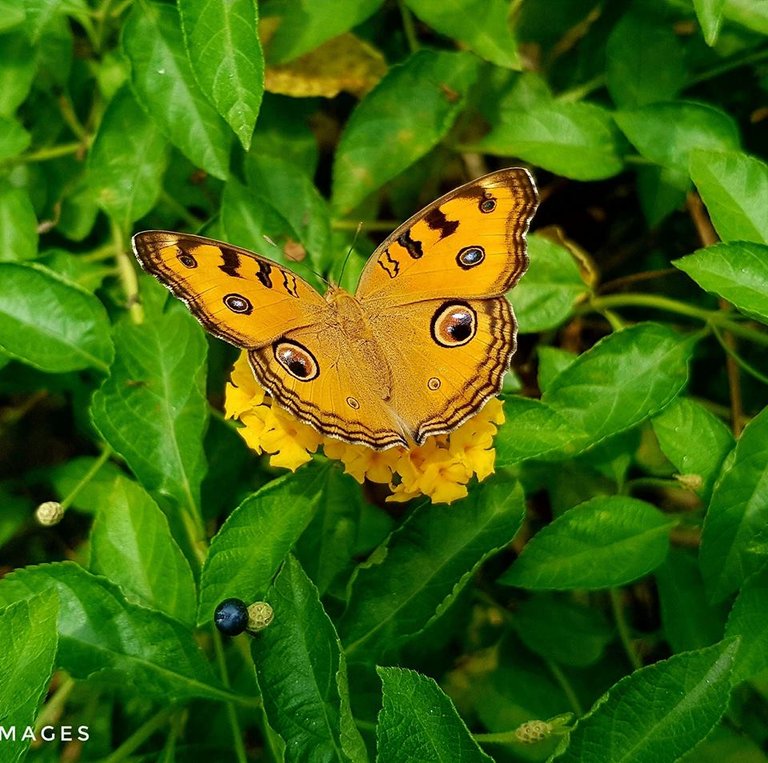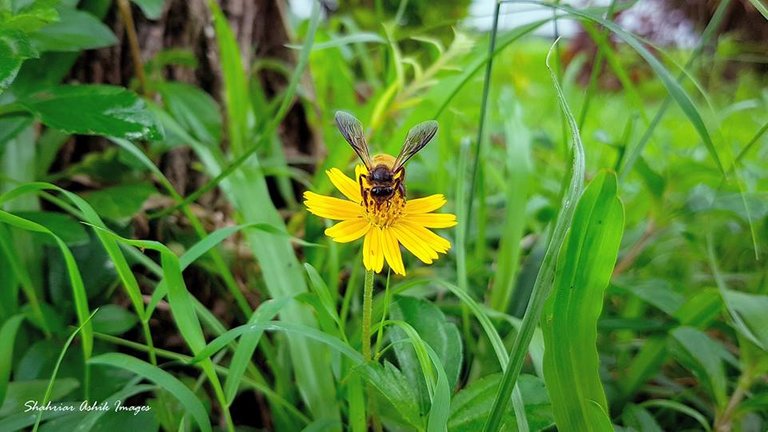Butterflies are the other pollinators well worth welcoming into your garden. And with their natural habitats threatened by everything from intensive farming to new housing estates, even the smallest bed or window box can give them a boost.
The species of butterfly your garden attracts will depend on factors ranging from climate to the type of soil and what other habitats are nearby.
A few to look out for are the red admiral, peacock, brimstone, painted lady, comma, green-veined white, small tortoiseshell, small cabbage white and large cabbage white.
Although they are less common, you might also see orange tip, speckled wood, meadow brown, small copper, holly blue and common blue butterflies as well.
From larval stage to adulthood, butterflies rely on flowers and foliage. By supporting young and peckish butterflies, you will keep them coming back time and again.
There is a wide variety of plants that larvae love to feed on as they grow, so putting in a few well-placed favourites will encourage breeding butterflies to settle. Do not worry about the young attacking other shrubs and flowers.
Butterflies are fairly fussy about where they lay their eggs so will stay with what is familiar. Other larvae, such as sawflies, are not quite so considerate. So if you spot anything eating something it should not be, it is probably not a butterfly.
Choose a warm, sheltered, sunny spot and make sure the butterflies cannot miss it by planting in clusters rather than mixing up colours and scents.

Along with birdsong and the hum of a distant lawnmower, the gentle buzz of a bee brings to mind long, lazy summer days.
These insects, drifting from flower to flower, pollinating as they go, are nature’s invaluable little helpers. They play a vital role in the production of crops for human and animal consumption.
Sadly, with the increasing use of pesticides and fewer and fewer wildflowers growing in the UK, bee numbers are dropping dramatically. Try using Organic Bug Free, £5.49 for a more bee-friendly approach to pest control.
It is more important than ever for home gardeners to plant bee-friendly varieties. With gardens covering about a million acres in the UK, if we all planted just a few plants rich in pollen or nectar, we could really turn around bees’ fortunes.
Help make bees feel welcome in your garden with a Bee and Insect Hotel, £49.99.
And the best part about attracting solitary bees is that once they call your garden home, they will be back year after year for generations to come, loyally returning to their favourite nesting site.
It is best to plant pollen-rich flowers in one part of the garden so that bees do not have to travel too far to fill up.
Hi! I am a robot. I just upvoted you! I found similar content that readers might be interested in:
http://www.telegraph.co.uk/sponsored/gardening/gardening-tips/11646680/importance-bees-butterflies.html
similar,,, but not same